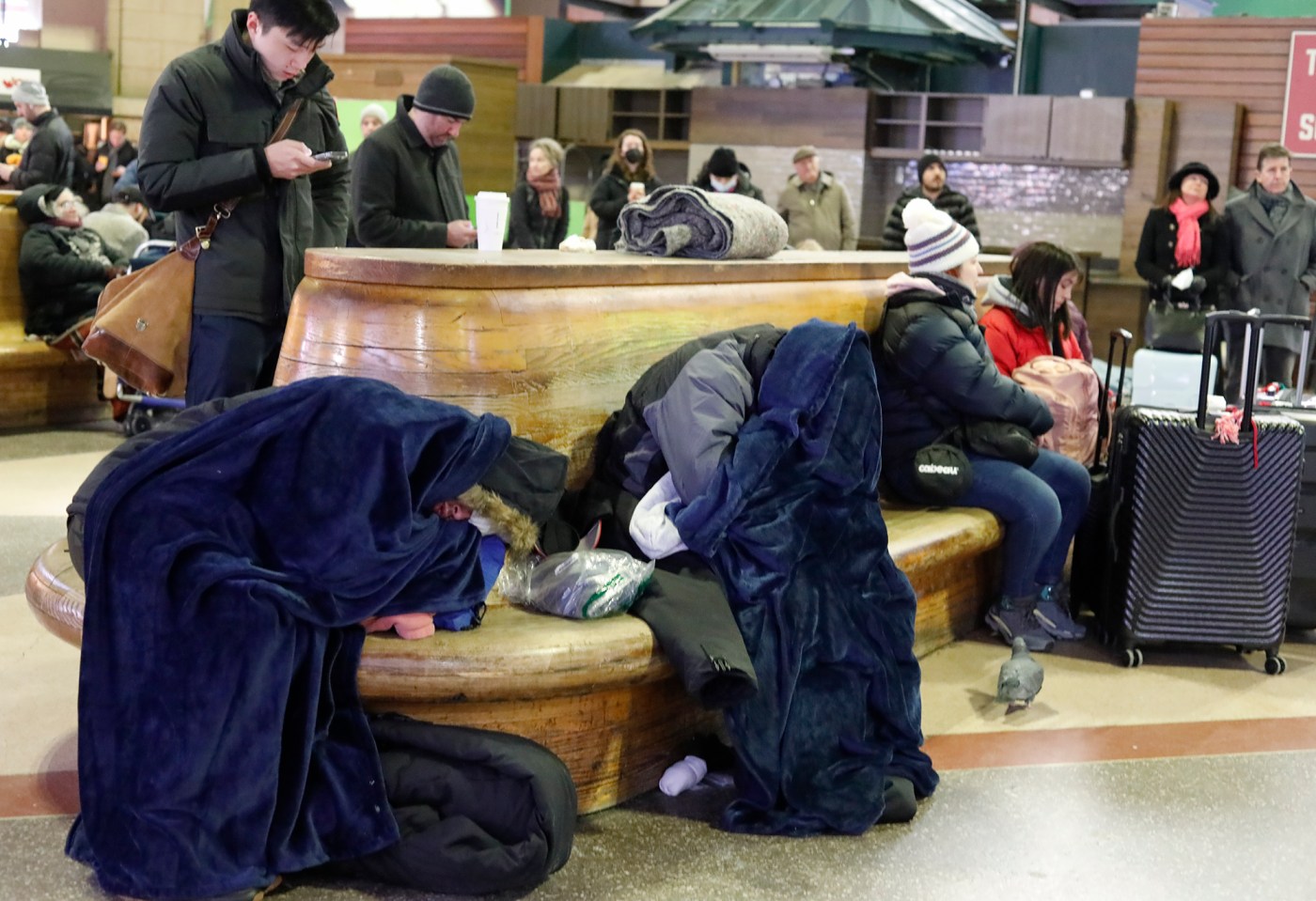
Gaskin: Use ARPA funds to crowdsource problem-solving
As American Rescue Plan Act funds dwindle and the time to use them draws down, here’s an idea worth pursuing: Set aside $1 million from Boston’s ARPA funds to crowdsource solutions to the city’s biggest problems.
This money would fund $100,000 worth of prizes in each of 10 categories: violence and shootings, homelessness and the affordable housing shortage, economic development in poor areas, health care disparities, recidivism, food insecurity, the mental health crisis, education inequality, immigration, and climate change, including environmental and energy justice. The first prize in each area would be $50,000, with $30,000 and $20,000 prizes for the second and third-place ideas.
In addition to prize money, there should be a budget for an extensive media campaign to get the word out, plus some money to manage the contest.
Ideas could range from policy recommendations to specific projects that cost anywhere from $0 to $2 million to implement. We could use ARPA money for implementation as well, in the spirit of “Build Back Better.” Some government contests have offered seed capital to start businesses designed to solve particular problems. That could work well in an entrepreneurial hotbed such as Boston.
Why not tap into the brainpower of the region, which includes many leading thinkers and numerous colleges and universities? There’s no need to limit the contestants to the local area, but each contestant should have a local partner. I’d love to see all the entries edited and published, so that ideas that weren’t selected as prize winners could still be adopted, championed and implemented by others. Publishing all the entries would enable the creation of communities of interest.
Using prizes and contests to solve problems is not a new idea. Hundreds of public-sector prize competitions have been conducted over the past decade, more than 300 of those at the federal level. Policymakers in Boston can leverage what others have learned when designing their crowdsourced campaign. Perhaps the contest could be run by Boston’s own Pioneer Institute, which already runs the Better Government Competition.
Crowdsourcing, which is what a contest is, has become an effective way to solve problems, because it brings problems and problem-solvers together. Crowdsourcing offers the following advantages over traditional procurement processes:
Large number of problem-solvers
Crowdsourcing taps into the collective intelligence of a large pool of contestants, potentially leading to more creative and effective solutions than those generated by a single entity. This can be particularly valuable for complex problems where there is no single, clear-cut answer.
Cost-effectiveness
Compared to traditional research and development programs, contests can be a relatively inexpensive way to generate solutions. The government only pays for the winning entry or entries, and the competition itself can incentivize participants to invest their own resources into developing their ideas.
Increased public engagement
Contests can raise awareness of a particular issue and encourage public participation in finding solutions. This can help to build buy-in for the chosen solution and increase its likelihood of success.
Access to diverse perspectives
Contests attract participants from a variety of backgrounds and disciplines, leading to a wider range of potential solutions. This can be crucial for identifying innovative approaches that might not have been considered by government officials or traditional experts. Contests engage problem-solvers who are often neglected by the government’s traditional procurement and research grant systems, which favor players with traditional credentials and proven track records. In contrast, competitions accept anyone, thereby multiplying the number and diversity of brains tackling a problem.
Accelerated problem-solving
The competitive nature of contests incentivizes rapid innovation and development, leading to faster solutions to pressing problems. This can be especially beneficial for addressing urgent issues, such as natural disasters or public health crises.
Improved transparency and accountability
Contests can be a more transparent and accountable way to solve problems than traditional methods. The selection process is open to public scrutiny, which can help ensure that the chosen solution is fair and effective.
Promoting a culture of innovation
Contests can foster a culture of innovation within government agencies. By encouraging employees to think outside the box and develop creative solutions, contests can help to improve the government’s overall effectiveness.
Government-sponsored contests can be a valuable tool for addressing complex societal challenges. By crowdsourcing innovative solutions, these contests can lead to more beneficial and cost-effective solutions than traditional methods.
If the idea works, perhaps a named donor — either a company or an individual — would be willing to sponsor the contest on an annual basis.
Ed Gaskin is Executive Director of Greater Grove Hall Main Streets and founder of Sunday Celebrations.


